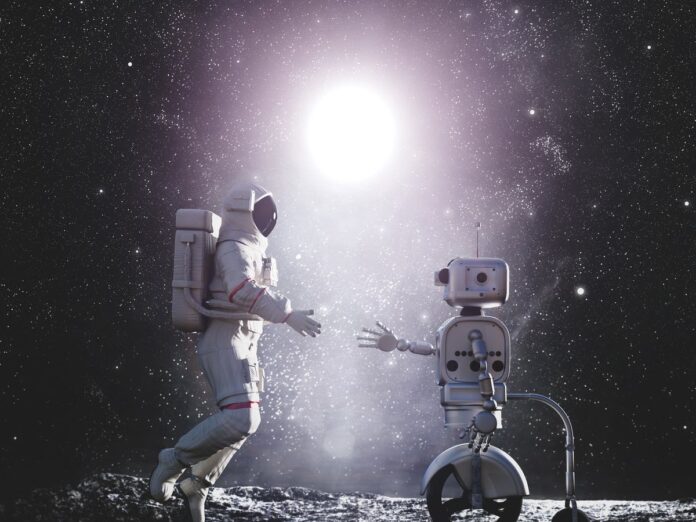The space sciences exploration includes the scientific disciplines related to the exploration and study of space. It also consists of Earth-oriented applications such as remote sensing and atmospheric monitoring. The use of artificial intelligence (AI) in the space sciences is rapidly increasing day by day.
When the missionaries go to space missions, a lot of data generates in that process which allows scientists to probe deeper into the cosmos, as well as gain new insights about our planet and how we shape it. Hence, in one of the famous bollywood hit movies, Interstellar, a study on space science beautifully explains that when Earth becomes uninhabitable in the future, a farmer and ex-NASA pilot, Joseph Cooper, is tasked to pilot a spacecraft. So they, along with a team of researchers, go to find a new planet for humans.

Use of artificial intelligence (AI) in the Space Sciences-Use of AI in Space Science Applications –
The massive amount of data now being delivered in real-time by Earth observation assets is providing exciting new datasets. So it has become essential for the adoption of novel machine learning techniques. For e.g., the Copernicus sentinel network) and astronomical missions, like Kepler Space Telescope.
Nowadays, remote sensing & robots are driving innovation in DL techniques for large-scale image processing & computer vision tasks. AI has uses in a broad range of applications, including planet detection, galaxy classification, study of space science, remote sensing and cosmological modeling.
Use of artificial intelligence (AI) in the Space Sciences-Applications of AI –
Potential applications of AI are being thoroughly investigates in satellite operations which provides safety for overall mission. It is also done in particular to support the operation of large satellite constellations, including relative positioning, satellite communication and end-of-life management.
Nowadays, it is becoming more common to find ML systems analysing the huge amount of data that comes from each space mission. Hence, the data from some Mars missions is being transmitted using AI, and the rovers are taught how to navigate by themselves.
Examples of topics of interest relevant to the use of AI in space science includes :-
- Deep Learning.
- Reinforcement Learning.
- Robotics.
- Remote Sensing.
- Natural Language Processing.
- Computer Vision.
- Recommender Systems.
- Internet of Things.





